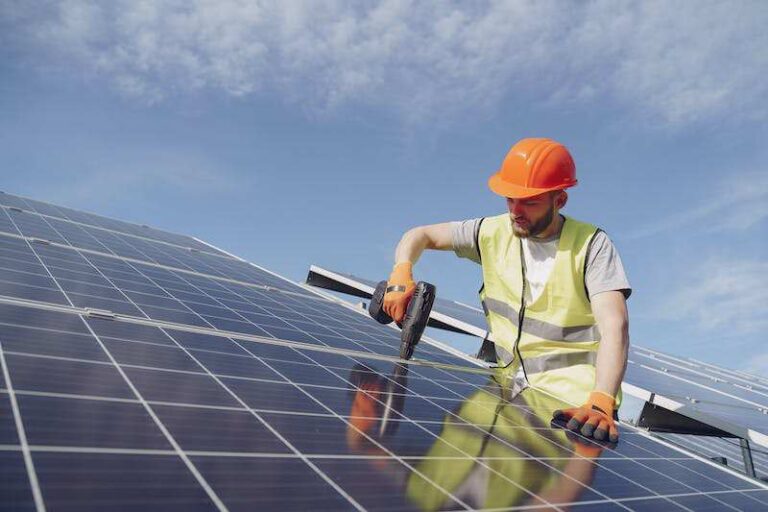As technology advances and the global commitment to sustainability grows, the shift toward sustainable energy sources has gained significant momentum. Solar panels are a noteworthy investment that contributes to a greener planet and saves money in the long run.
This article explores the dual benefits of investing in Solar Energy Tauranga, delving into economic and environmental advantages.
1. Long-Term Savings
Investing in solar panels may seem like a significant upfront expense, but viewing it as a long-term investment is essential. The initial cost includes the purchase and installation of solar panels, along with the necessary inverters and mounting hardware. However, the savings start accumulating once the system is up and running.
Solar panels generate electricity from sunlight, reducing or eliminating the need to purchase electricity from traditional sources. Over time, the savings on electricity bills can offset the initial investment, making solar panels a financially savvy choice for homeowners and businesses alike.
2. Government Benefits
Governments offer incentives and tax benefits to encourage the adoption of solar panels. These incentives reduce the overall cost of installing a solar energy system.
In some regions, governments provide tax credits, rebates, or grants to purchase and install solar panels. These financial incentives and long-term energy savings make solar panel investments even more attractive. Before deciding, it’s crucial to research and take advantage of the available government programs to maximize the economic benefits.
3. Environmental Impact
Beyond the financial gains, investing in solar panels contributes to a cleaner, more sustainable environment. Solar panels generate electricity from sunlight, decreasing carbon dioxide. The environmental benefits extend beyond individual households to collectively impact the global scale.
4. Reliable power source
Investing in solar panels offers the advantage of energy independence. Traditional electricity sources are vulnerable to disruptions, such as natural disasters or grid failures. However, solar panels provide a decentralized energy source, allowing homeowners and businesses to generate electricity.
This decentralized energy production enhances grid resilience by reducing the strain on centralized power systems. Solar panels generate electricity during power outages or emergencies, providing a reliable power source and ensuring a more resilient energy infrastructure.
5. Increasing Property Value
In addition to direct financial savings on energy bills, solar panels increase the value of a property. Home buyers are considering Eco-friendly features, and a solar energy system is a significant selling point. Houses with solar panels sell at higher prices than comparable properties without solar installations.
Investing in solar panels, therefore, not only provides ongoing savings on energy costs but also adds tangible value to the property. The added property value further enhances the overall return on investment, making solar panels an attractive option for homeowners looking to make wise financial and environmental decisions.
Conclusion
Investing in solar panels is a multifaceted decision that brings economic and environmental benefits. While the initial costs may seem daunting, its benefits make solar panels a financially sound choice.
Moreover, the positive impact on the environment, the potential for energy independence, and the increase in property value highlight the numerous advantages of embracing solar energy.
